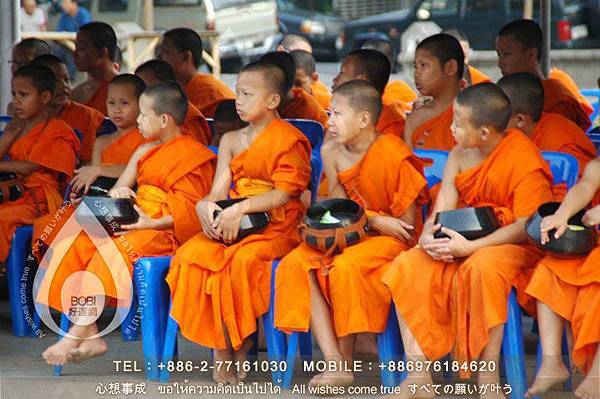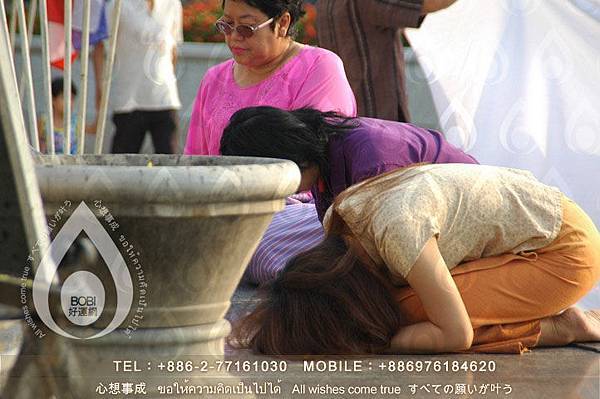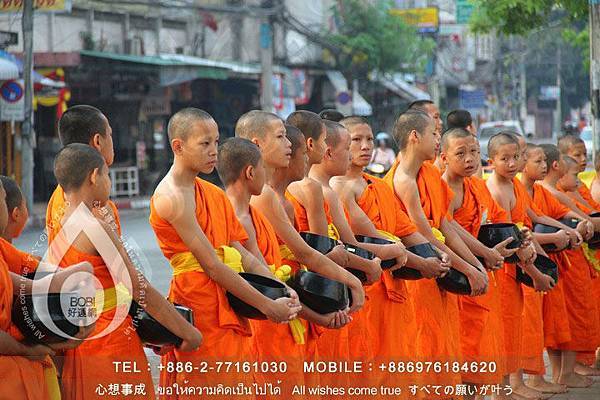The differences between Theravada & Mahayana Buddhism
Below are some quick reviews about differences of Theravada Buddhism & Mahayana Buddhism.
Resource: Internet
Theravada Buddhism
(The Teaching Of The Elders)
(Southern School)
- Supermacy is Gautama Buddha
- Aim is to achieve Arahant Ideal. Believes that while attaining Buddhahood is ideal, it is extremely difficult and beyond most people’s capabilities.
- *Although the Buddha was also called an Arhat, they are of different natures. In other words, an Arhat is a degree holder of Enlightenment and the Buddha is a Ph.D holder.
- **Arahant carries the same meaning as Arhat.
- Aspire to achieve Nirvana, or to have a better rebirth in the next life.
- Sacred text is called Tripitaka.
- Believes that the Buddha has 2 Bodies (as a human being and as consciousness).
- Follows the Noble 8 Fold Path
- right thought
- right speech
- right action
- right livelihood
- right effort
- right mindfulness
- right concentration
- Influential in Sri Lanka, India, Cambodia, Laos, Thailand, Myanmar etc.
Mahayana Buddhism
(The Great Vehicle)
(Northern School)
- Supermacy are Celestial Buddhas
- Aim is to achieve Bodhisattva Ideal. Believes that restricting oneself to attaining Arahant Ideal is too limiting.
- *A Bodhisattva is someone who compassionately delays his or her own Enlightenment in order to help other beings to attain Enlightenment.
- **Arhats and Bodhisattvas are of the same rank, albeit with different goals.
- Aspire to attain Enlightenment, or rebirth in the Pure Land (heaven).
- Sacred texts are the Sanskrit Sutras.
- Believes that the Buddha has 3 Bodies - Trikaya (as in the body of Gautama Buddha, as a holder of the Dharma and as a deity)
- Follows the 6 Paramitas
- morality
- patience
- effort
- concentration
- wisdom
- - Influential in China, Tibet, Korea, Japan etc.





No comments:
Post a Comment